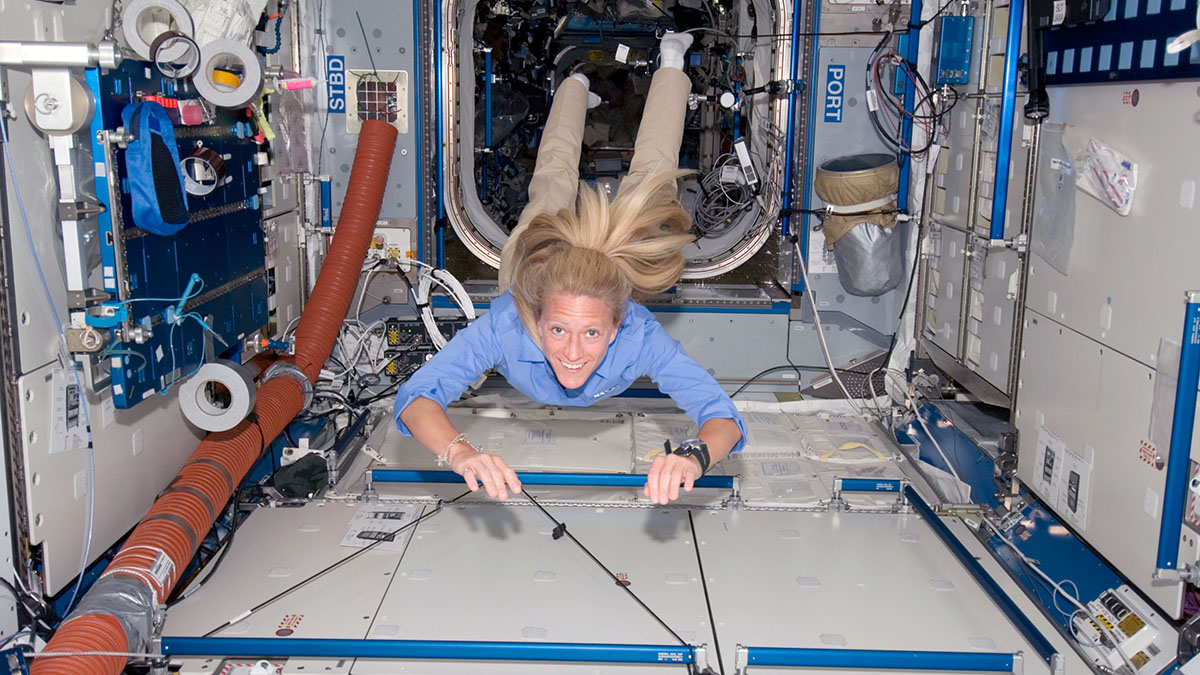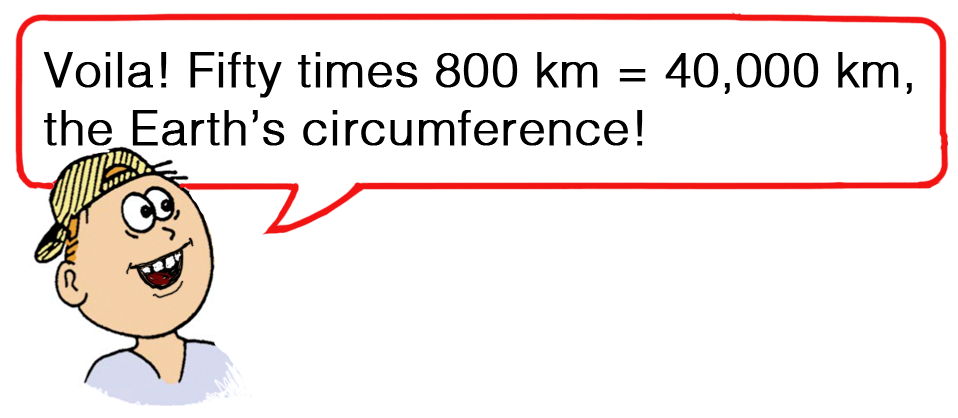feature
Teacher Responsiveness as a Core Feature of Justice- and Equity-Centered Instruction
feature
Inquiry-Based Lab Finals
Alternative assessments
feature
Heart-Stopping Rollercoasters
Restorative Practices, Motivation, and the Formation of a Science Identity
feature
What’s Up With Gravity?
Addressing misconceptions through discrepant events
feature
Marginalizing Misinformation
The Fast-and-Frugal Way
focus on physics
Aha! Moments in Sun and Moon Measurements
commentary
Defending the Dependent Variable
A call to action
Research & Teaching
Initial Development and Validation of the Biology Teaching Assistant Role Identity Questionnaire (BTARIQ)
Journal of College Science Teaching—May/June 2023 (Volume 52, Issue 5)
By Amy E. Kulesza and Dorinda J. Gallant
Graduate teaching assistants (TAs) may identify with multiple roles during their introductory biology teaching experiences. This study developed an instrument that measures TA role identity in introductory biology. Initial development and content validation of the Biology Teaching Assistant Role Identity Questionnaire (BTARIQ) occurred in four phases. The first phase included the specification of instrument purpose and descriptions of the conceptual definitions. The second focused on item generation mapped to the constructs and dimensions based in the literature. An expert review panel validated the instrument content for the constructs, and a draft of the instrument was developed based on this review. The third consisted of a pilot to a small group of the target population using the draft instrument, and the instrument was further revised based on the results. In the final phase, an exploratory Rasch analysis was conducted with a field test sample to examine dimensionality, model fit, person and item separation and reliability, and rating scale category functioning. Findings suggest some evidence to support the interpretation and use of scores from the BTARIQ.
Graduate teaching assistants (TAs) may identify with multiple roles during their introductory biology teaching experiences. This study developed an instrument that measures TA role identity in introductory biology. Initial development and content validation of the Biology Teaching Assistant Role Identity Questionnaire (BTARIQ) occurred in four phases. The first phase included the specification of instrument purpose and descriptions of the conceptual definitions. The second focused on item generation mapped to the constructs and dimensions based in the literature.
Graduate teaching assistants (TAs) may identify with multiple roles during their introductory biology teaching experiences. This study developed an instrument that measures TA role identity in introductory biology. Initial development and content validation of the Biology Teaching Assistant Role Identity Questionnaire (BTARIQ) occurred in four phases. The first phase included the specification of instrument purpose and descriptions of the conceptual definitions. The second focused on item generation mapped to the constructs and dimensions based in the literature.
Research & Teaching
Facilitating Departmental and Institutional Change for Expanding Undergraduate Research Experiences
The Effectiveness of a Microgrant
Journal of College Science Teaching—May/June 2023 (Volume 52, Issue 5)
By Rebecca Friesen and Adriana Cimetta
Increased sustainable access to undergraduate research opportunities, particularly for historically underrepresented populations, involves transforming departmental and institutional cultures, which is time-consuming and expensive. Competing university interests and tightening budgets necessitate finding effective and affordable ways to implement this transformation. The purpose of this study was to understand the benefits and limits of a microgrant as a feasible means of change. Overall, the findings suggested that microgrants can be effective catalysts for change in certain conditions, especially if internal resources are available to complement the funding and if the microgrant continues on a desired trajectory. This research will inform future initiatives that aim to expand access to undergraduate research experiences.
Increased sustainable access to undergraduate research opportunities, particularly for historically underrepresented populations, involves transforming departmental and institutional cultures, which is time-consuming and expensive. Competing university interests and tightening budgets necessitate finding effective and affordable ways to implement this transformation. The purpose of this study was to understand the benefits and limits of a microgrant as a feasible means of change.
Increased sustainable access to undergraduate research opportunities, particularly for historically underrepresented populations, involves transforming departmental and institutional cultures, which is time-consuming and expensive. Competing university interests and tightening budgets necessitate finding effective and affordable ways to implement this transformation. The purpose of this study was to understand the benefits and limits of a microgrant as a feasible means of change.
Research & Teaching
A Hands-on Activity to Understand the Nature of Science and Authentic Scientific Inquiry in Large Laboratory Courses
What’s in the Box?
Journal of College Science Teaching—May/June 2023 (Volume 52, Issue 5)
By Lin Xiang and Madhusudan Srinivasan
Integrating authentic research practices into introductory laboratory courses to prepare tomorrow’s scientists has become increasingly prevalent over the past decade. However, an incomplete understanding of the nature of science (NOS) and authentic scientific inquiry (SI) precludes higher-level learning in undergraduate research experiences. In this article, we discuss a concise, low-cost, low-maintenance, hands-on activity—What’s in the Box (WiB)—which is suitable for large-enrollment science courses at both the secondary and postsecondary levels and can help develop students’ understanding of NOS and authentic SI. Analyses of the postlab reflective writing assignment showed a substantial increase in the students’ appreciation for NOS and SI tenets; the top two NOS tenets were that scientific ideas are subject to change and that science demands evidence, identified in 20% and 18% of the reflective writings, respectively. The most appreciated authentic SI tenets were that SI is complex and iterative (reported in up to 32% of the reflective writings) and SI involves observation and exploration (reported in up to 12% of the reflective writings).









